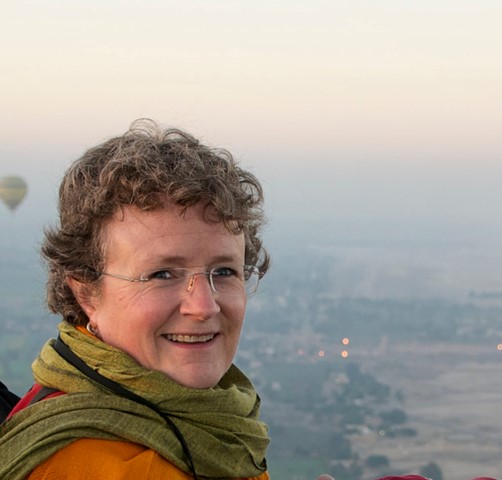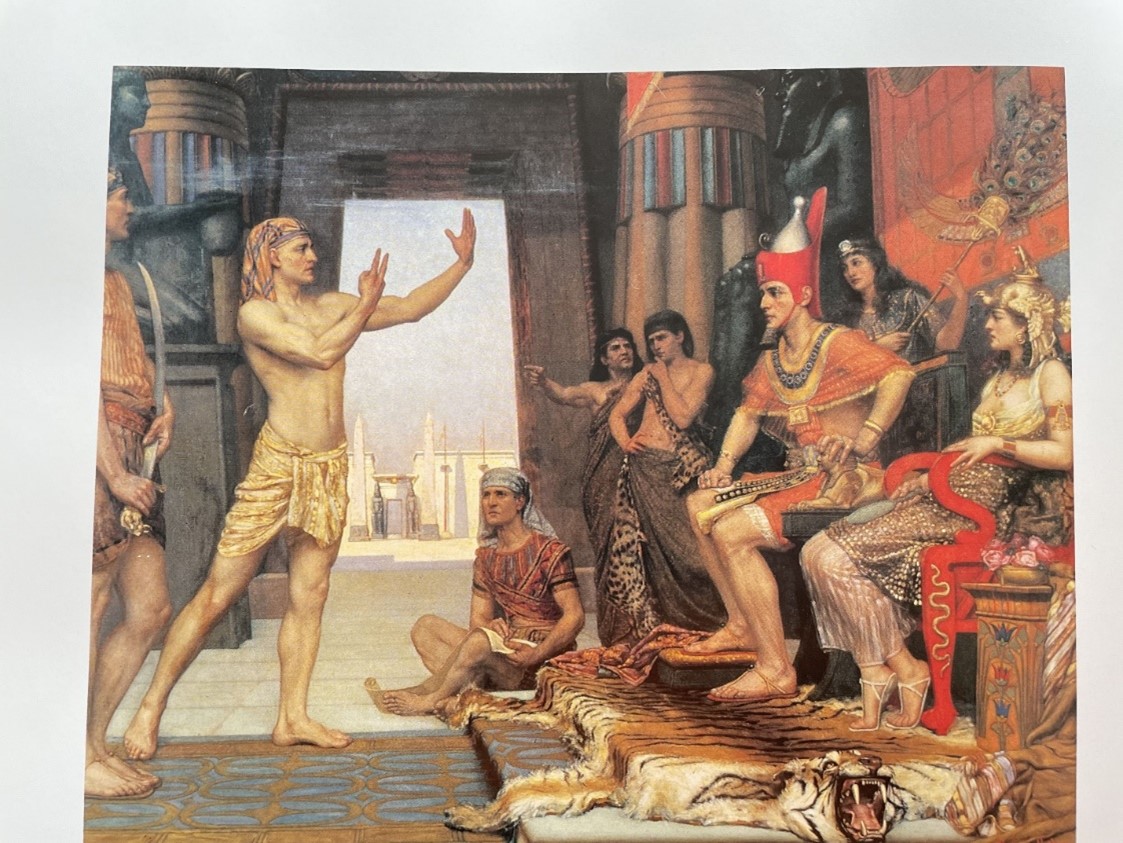Blog 3
DR Jennifer Hellum
Senior lecturer in Egyptology, in the department of Classical Studies and Ancient History, at the University of Auckland

Jennifer specialises in the languages of ancient Egypt, particularly Middle Egyptian. She is interested in the ancient Egyptian religion, art, and literature, and her current research examines the historiographical relationship between Orientalism and the decipherment and interpretation of ancient Egyptian. She has participated in several excavations in Egypt, at Mendes, Giza, and Abydos, and has led groups of students on study trips to Egypt.
The Ghost of Christianity in Egyptian Religion
Christianity provided the vocabulary used to translate ancient Egyptian texts. It was natural that it should have done so, given the religion of the original translators, but using this vocabulary does not represent ancient Egyptian religion as a discrete and self-contained faith. Concepts, such as ‘saint’, ‘chapel’, ‘eternity’, and ‘heaven’ only loosely fit the Egyptian concepts to which they’re applied, if they fit at all. The fact that the Egyptians had two different conceptions of ‘eternity’, for example, indicates that their conceptual religious worldview was fundamentally different than ours. Translating both Dt and nHH as ‘forever’ does a very real disservice to the complex Egyptian concepts of ‘eternity’. The use of King James’ or Biblical English in translations of Egyptian religious literature is likewise problematic. This both deceptively elevated and distanced the literature (and hence, the religion itself) from modern readers by using archaic terminology and grammatical structures that specifically reference an antique English translation of the Bible. The ancient religious literature does not use the equivalent style of language. This made the English translations doubly artificial, in intent and in form. The original translators could not help but impose their Christianity on the ancient religion; in so doing, they created a kind of hybrid religion that was both familiar and accessible to modern Western scholars, but it used a vocabulary that did not describe the Egyptian original. This talk will examine the issue of the linguistic shadow cast by Christianity over ancient Egyptian religion, and consider the approaches by which this can be rectified.

